The purpose is to ensure safe and stable electricity supply to serve the socio -economic development of the province in the period of 2023 - 2025 and the following years; strive to save at least 2.0% of total electricity consumption in the province annually in the period of 2023 - 2025; strive to use 100% of street lighting using LED lights by the end of 2025; by 2030, 50% of office buildings and 50% of houses will use self-produced and self-consumed rooftop solar power (serving on-site consumption, not selling electricity to the national power system).

The Provincial People's Committee requests all people and organizations using electricity in the province to be responsible for using electricity economically and effectively. Electricity saving activities must be carried out regularly and continuously, creating self-awareness in all social activities, contributing to ensuring energy security for sustainable development.
Organize and seriously implement Directive No. 20/CT-TTg; Disseminate and thoroughly implement electricity saving to all cadres, civil servants, public employees and workers of the unit, include electricity saving in the criteria for evaluating the level of task completion, compliance with internal discipline and annual emulation and rewards.
Synchronously deploy tasks and solutions for state management, technical support, scientific research, technology and product development, training and human resource development; mobilize all resources to create a strong change in the use of energy economically and effectively in Nghe An province.
Propagating, raising awareness and actions of organizations and individuals on implementing the Law on Economical and Efficient Use of Energy and related legal documents; using electricity for the right purposes, economically but still achieving high efficiency; reducing energy intensity in key energy-using establishments and key economic sectors that consume a lot of energy; aiming for the goal of green growth and sustainable development.
The Provincial People's Committee requests departments, branches, sectors; People's Committees of districts, cities, towns, enterprises and organizations, social unions in Nghe An province to focus on implementing the following tasks and solutions:
1. Save electricity at offices and workplaces
- Actively coordinate with local electricity units to develop and implement electricity saving plans for their units, ensuring a minimum annual saving of 5.0% and encouraging a saving of 10% of total electricity consumption in the year in case of power shortage.
- Develop, promulgate and effectively implement regulations on electricity saving, regulations on use, maintenance and repair of electricity consuming equipment at agencies and units.
- Disseminate and thoroughly implement electricity saving to all employees, include electricity saving in the criteria for evaluating the level of task completion, compliance with internal discipline and annual emulation and rewards. The head of the agency or office is responsible for violations of electricity saving regulations in his/her unit.
- Strengthen the implementation of Decision No. 68/2011/QD-TTg dated December 12, 2011 of the Prime Minister promulgating the list of energy-saving means and equipment to be equipped and purchased for agencies and units using the State budget.
- Urge, review and regularly inspect the implementation of internal rules and current regulations on electricity saving.
2. Implement energy saving in public lighting, lighting for advertising purposes, outdoor decoration
- Organizations and individuals managing and operating public lighting systems, lighting systems for advertising and outdoor decoration purposes shall preside over and coordinate with electricity suppliers to develop and implement electricity saving plans, accordingly, ensuring a minimum saving of 30% of total electricity consumption in the period 2023 - 2025 for lighting activities in Nghe An province.
- Apply management solutions, technical standards and regulations for public lighting; replace decorative lights, lighting, and advertising lights with energy-saving lights; apply automatic control technology in public lighting, lighting for advertising and outdoor decoration purposes. Promote the application of energy-saving technology solutions for equipment serving advertising, decoration, and public lighting purposes.

- Deploy energy-saving technology solutions in public lighting, use high-performance lighting equipment, save energy for 100% of public lighting projects preparing for investment, construction, renovation and upgrading.
- Accelerate the process of implementing lighting automation according to time frames and weather conditions of public lighting projects.
- Restaurants, hotels, commercial service establishments, office complexes and apartment buildings must turn off or reduce at least 50% of the outdoor advertising lighting capacity during the evening peak of the power system according to the requirements of the local power unit; comply with regulations on economical and efficient lighting, and be ready to cut or reduce electricity usage upon notification from the local power unit in case of power shortage.
3. Save electricity in households
- Encourage and support people to use electrical equipment with energy labels according to Decision No. 04/2017/QD-TTg dated March 9, 2017 of the Prime Minister stipulating the list of vehicles and equipment that must have energy labels, apply minimum energy efficiency levels and implementation roadmap.
- Training and guidance on the use of energy-saving operating modes for high-power household appliances (refrigerators, air conditioners, fans, water heaters, washing machines, lighting systems, etc.); propaganda, guidance and requesting households to implement measures to use electricity economically and effectively at home such as: Turning off electrical appliances when leaving the room, turning off the power source if not in use, electrical appliances; only using air conditioning when absolutely necessary and keeping the temperature at 26°C or higher; prioritizing the purchase of high-performance electrical appliances and equipment or electrical appliances labeled energy-saving; minimizing the use of incandescent bulbs; encouraging the installation and use of rooftop solar power systems and solar water heating systems for households.
4. Implement electricity saving at commercial and service establishments
- Develop plans and effectively implement electricity usage, rules on economical, safe and efficient electricity usage at business and service establishments (supermarkets, shopping malls, restaurants, accommodation establishments, shops, hotels, office complexes, apartments, etc.), specify annual electricity saving targets, and propose solutions for implementation.
- Disseminate the implementation of the facility's rules and regulations on electricity saving to customers.
- Develop plans and scenarios to coordinate with local power units in load reduction.
- Implement a program to encourage the use of local energy sources using renewable energy sources and electrical equipment using renewable energy.
5. Implementing electricity saving in manufacturing enterprises
- Plan and implement a savings plan at the unit; develop a program to mobilize the backup power generation system in case of power shortage.
- Encourage the implementation of a program for businesses to voluntarily agree to implement solutions on energy saving, electricity saving and consulting on implementing solutions for energy saving and efficiency.
- Promote the implementation of Decision No. 279/QD-TTg dated March 8, 2018 of the Prime Minister on the National Program on electricity demand management for the period 2018 - 2020, with a vision to 2030.
- Implement solutions to use electricity economically and effectively such as: Ensuring the correct use of capacity and load chart; implementing reasonable production plans; minimizing the mobilization of equipment and machinery with high power consumption during peak hours; minimizing the operation of electrical equipment without load.
- Install and integrate renewable energy sources such as solar energy and wind energy into the internal energy system according to the correct procedures and regulations; prioritize the use of equipment labeled with high-efficiency energy.
- Energy-using establishments with electricity consumption of 1 million kWh/year or more must save at least 2% of electricity consumption per unit of product each year or must save at least 2% of total electricity consumption in the year; review and ensure compliance with the provisions of the Law on Economical and Efficient Use of Energy and related legal documents.
- Comply with regulations on energy consumption standards per product unit for production facilities subject to the Circulars regulating energy consumption standards.
- Encourage the development and implementation of an energy management system according to ISO 50001:2018 standards at production and business establishments. Conduct periodic energy audits, develop and implement annual goals and solutions for energy saving and efficiency.
- Strengthen the promotion of advanced energy-saving techniques, promote technological innovation in energy-intensive industries, optimize production materials, eliminate outdated production capacity, and continue to improve energy efficiency through investment in energy-saving projects.
- Deploy and apply technical guidelines on electricity saving and energy saving and efficient use, exploit and use technology handbooks on energy saving for energy-intensive industries nationwide.
- For key energy-using establishments in the province, comply with the provisions of the Law on Economical and Efficient Use of Energy and related documents. Annually plan and report on the implementation of the plan for economical and efficient use of energy according to the provisions of Circular No. 25/2020/TT-BCT dated September 29, 2020 of the Ministry of Industry and Trade regulating the planning and reporting on the implementation of the plan for economical and efficient use of energy.
Source



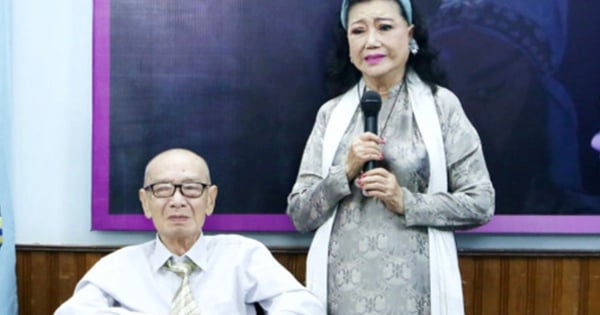
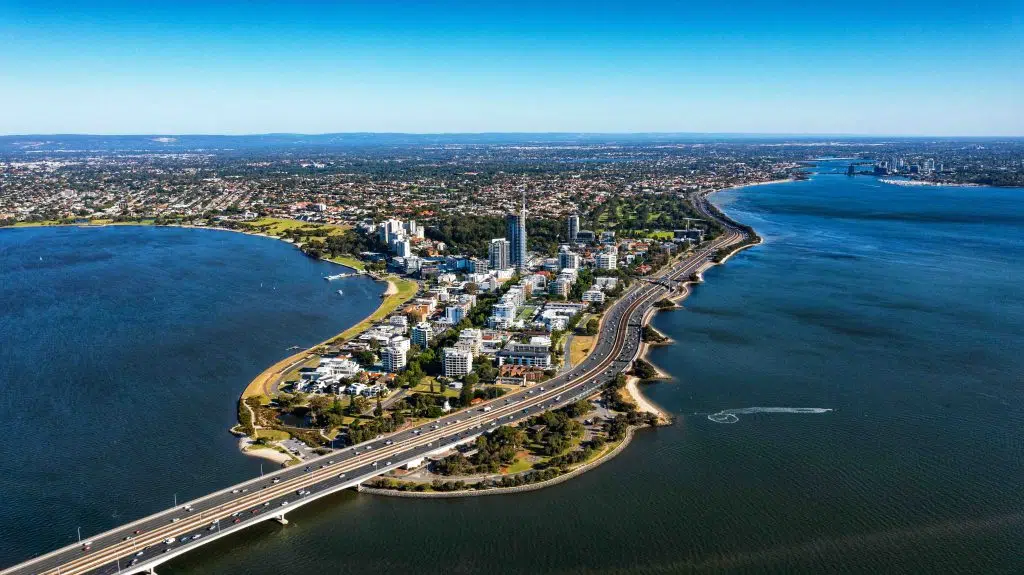

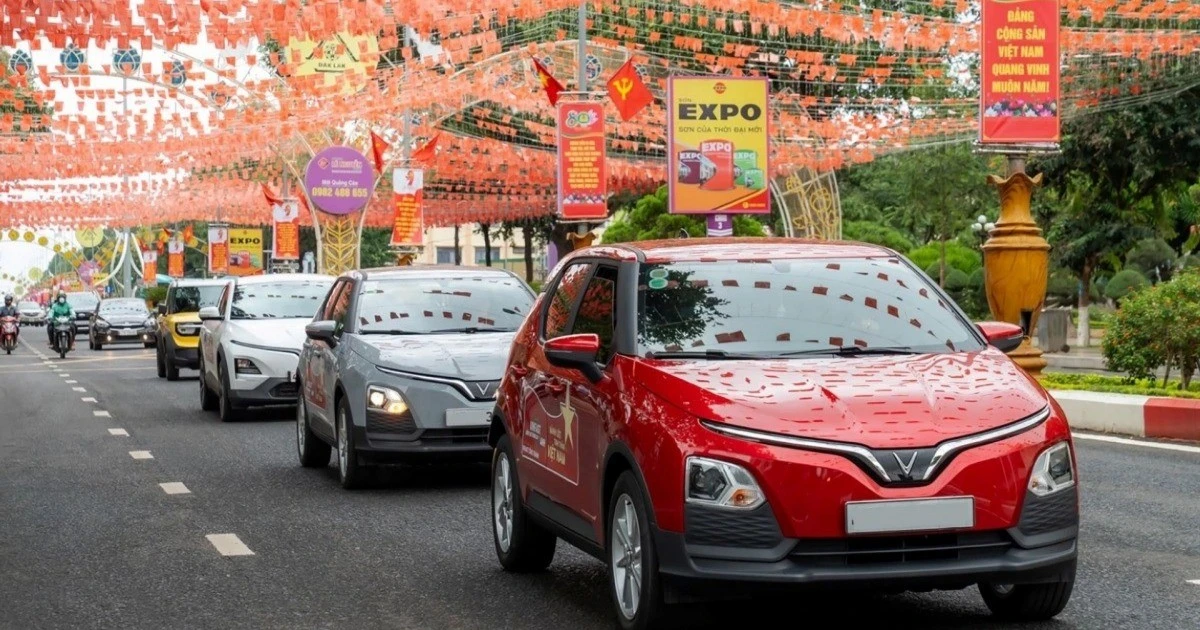

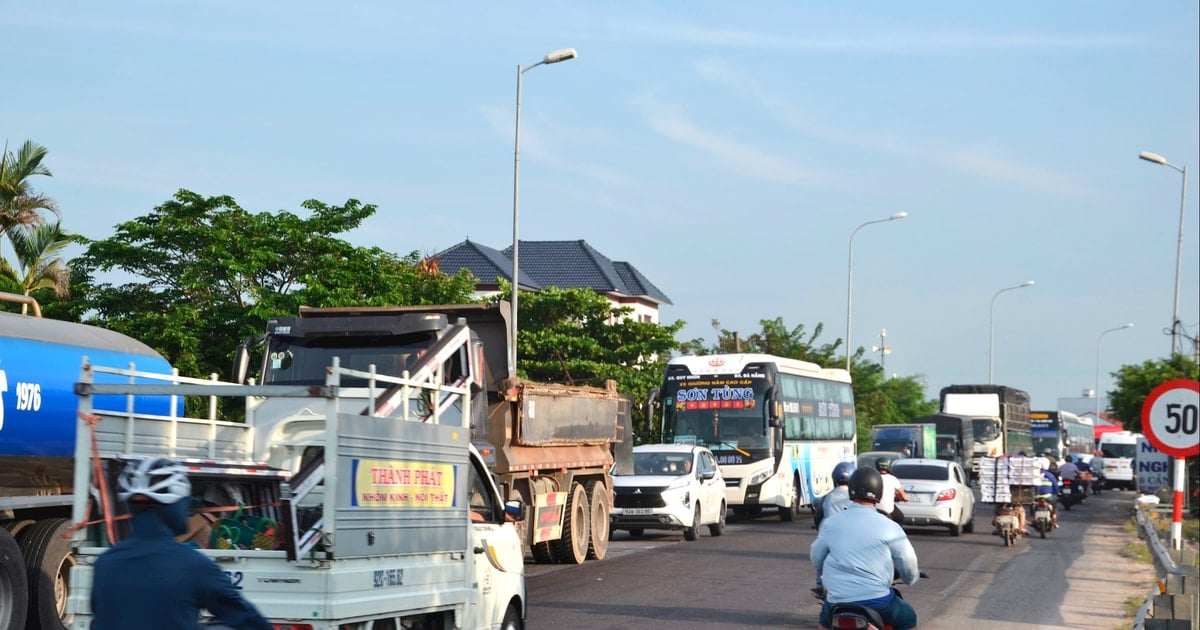

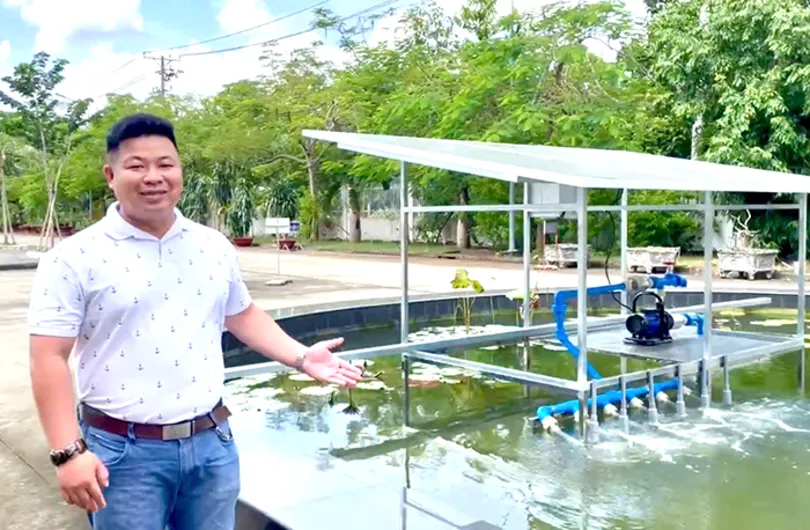
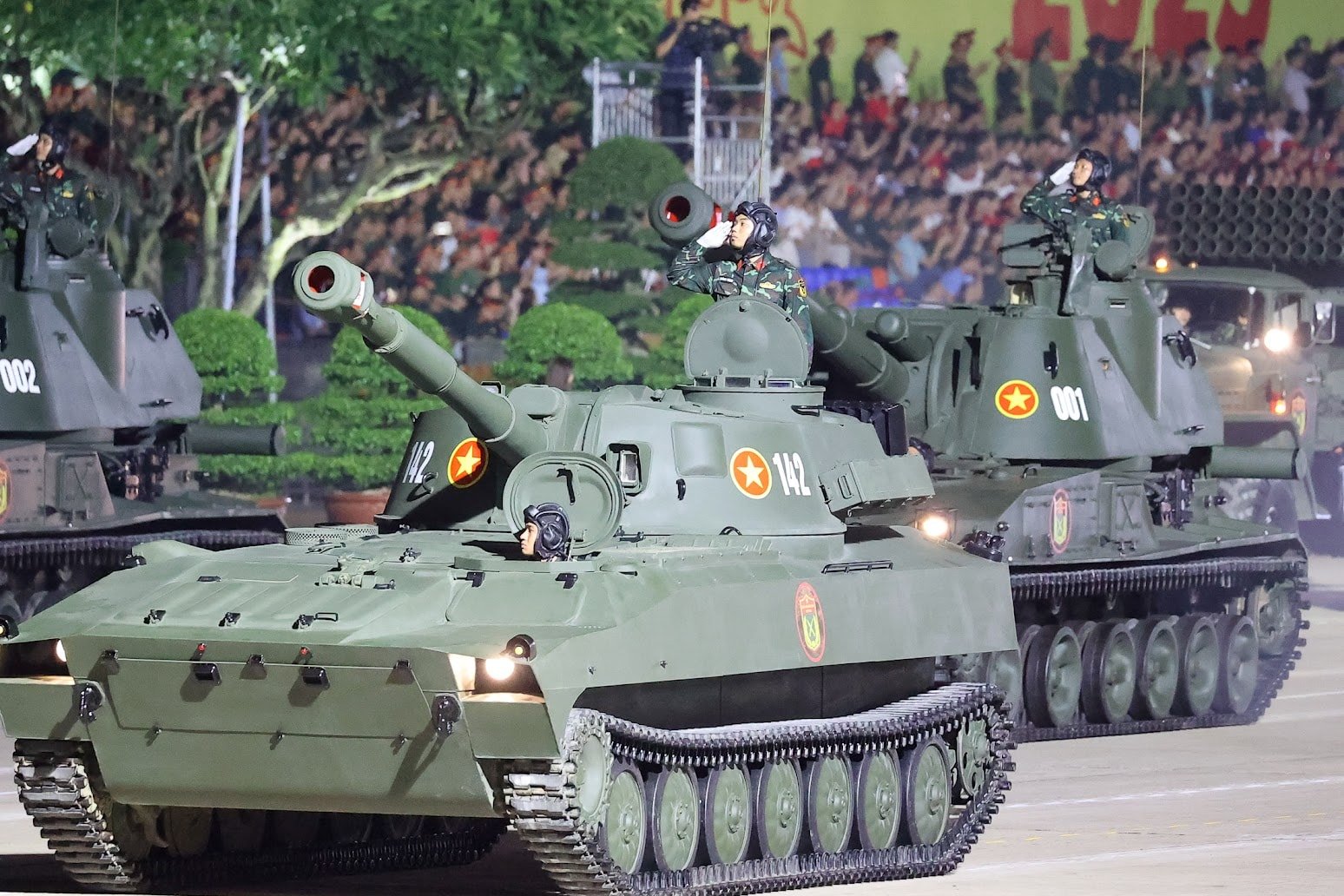
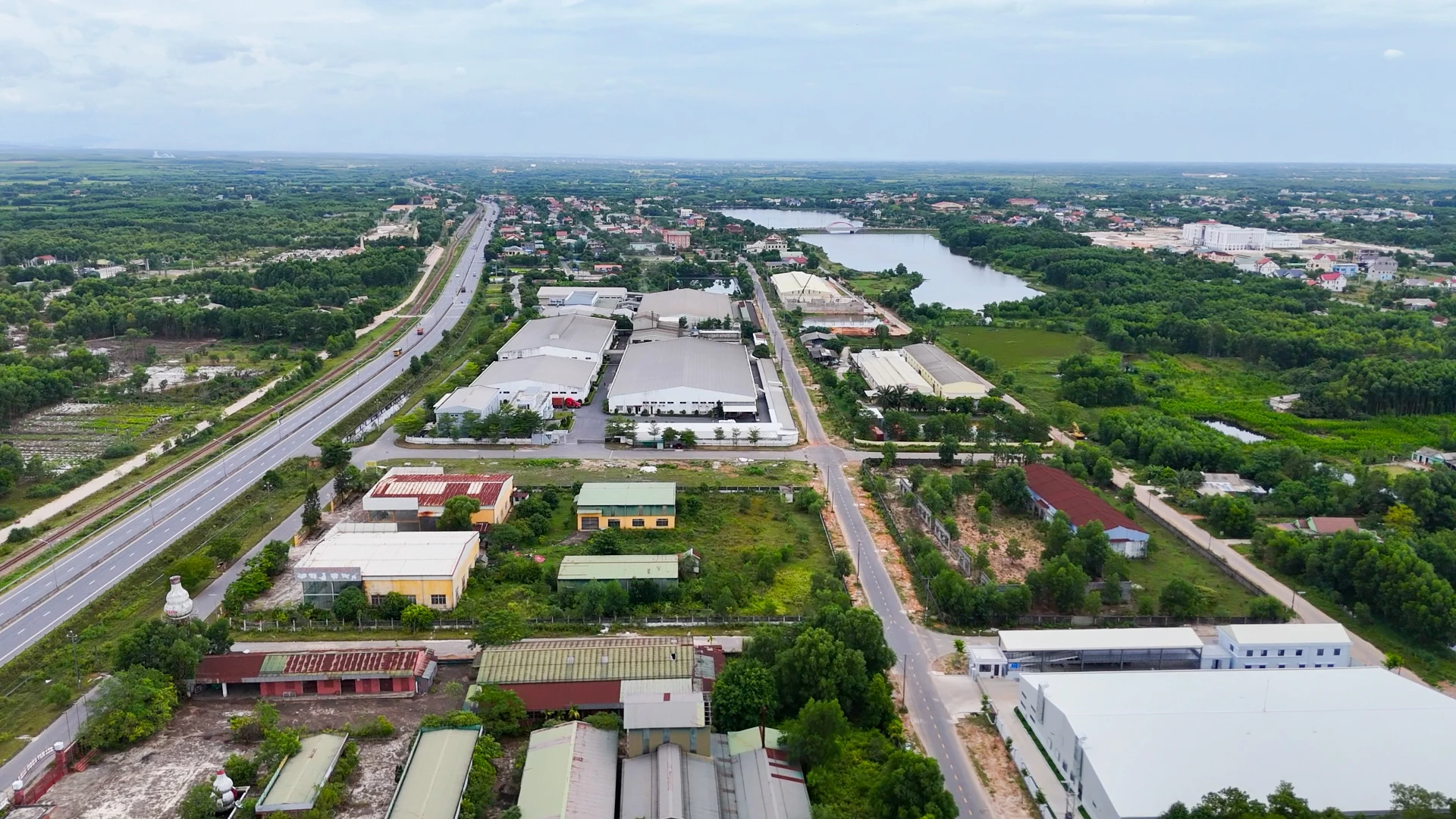












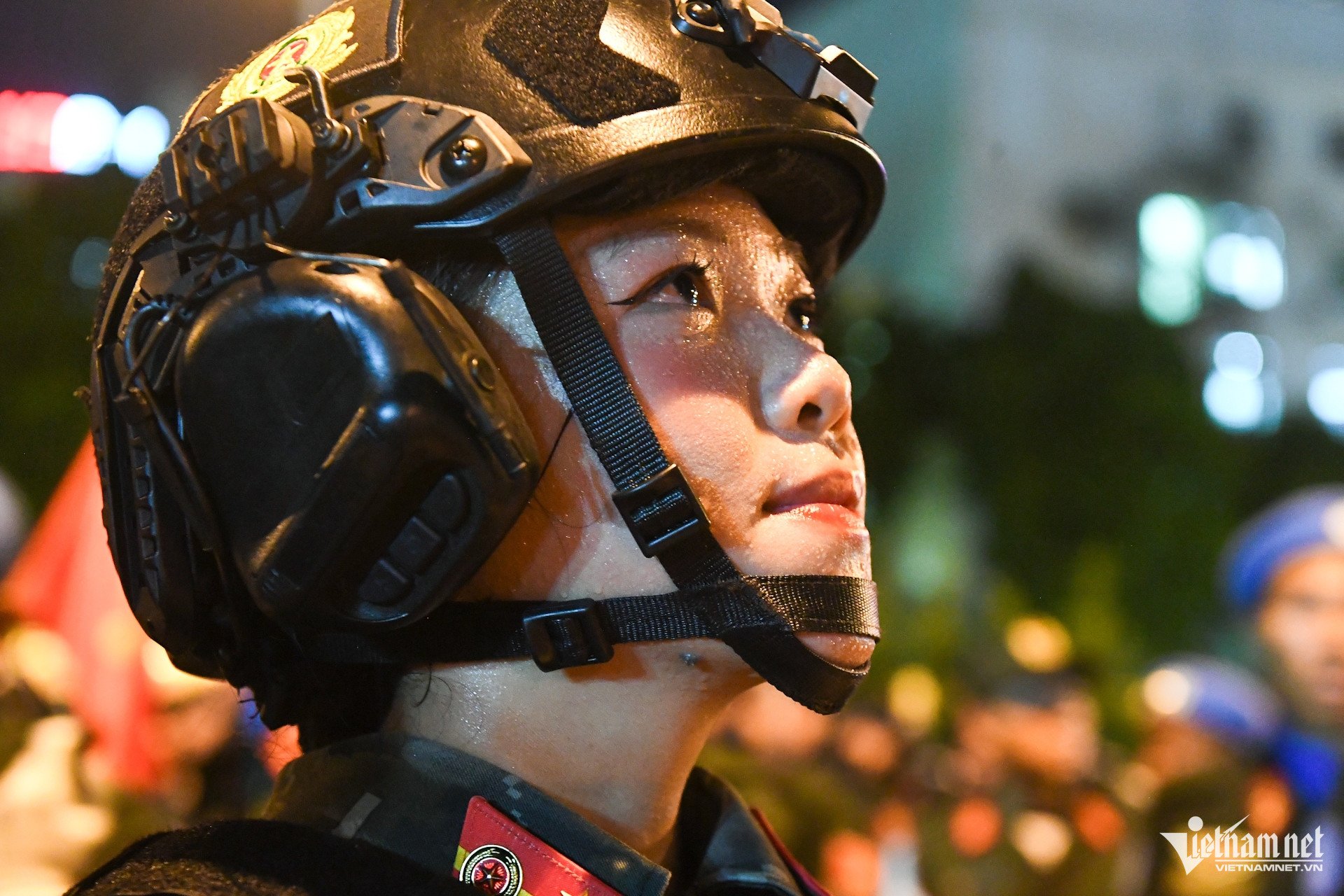



































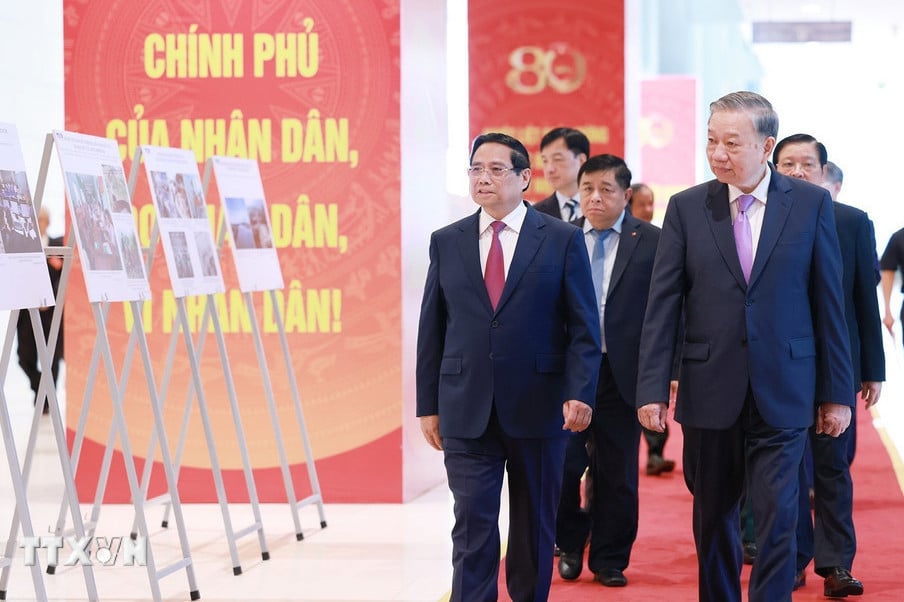


![[Photo] Politburo works with the Standing Committee of Hanoi Party Committee and Ho Chi Minh City Party Committee](https://vstatic.vietnam.vn/vietnam/resource/IMAGE/2025/8/21/4f3460337a6045e7847d50d38704355d)
































Comment (0)